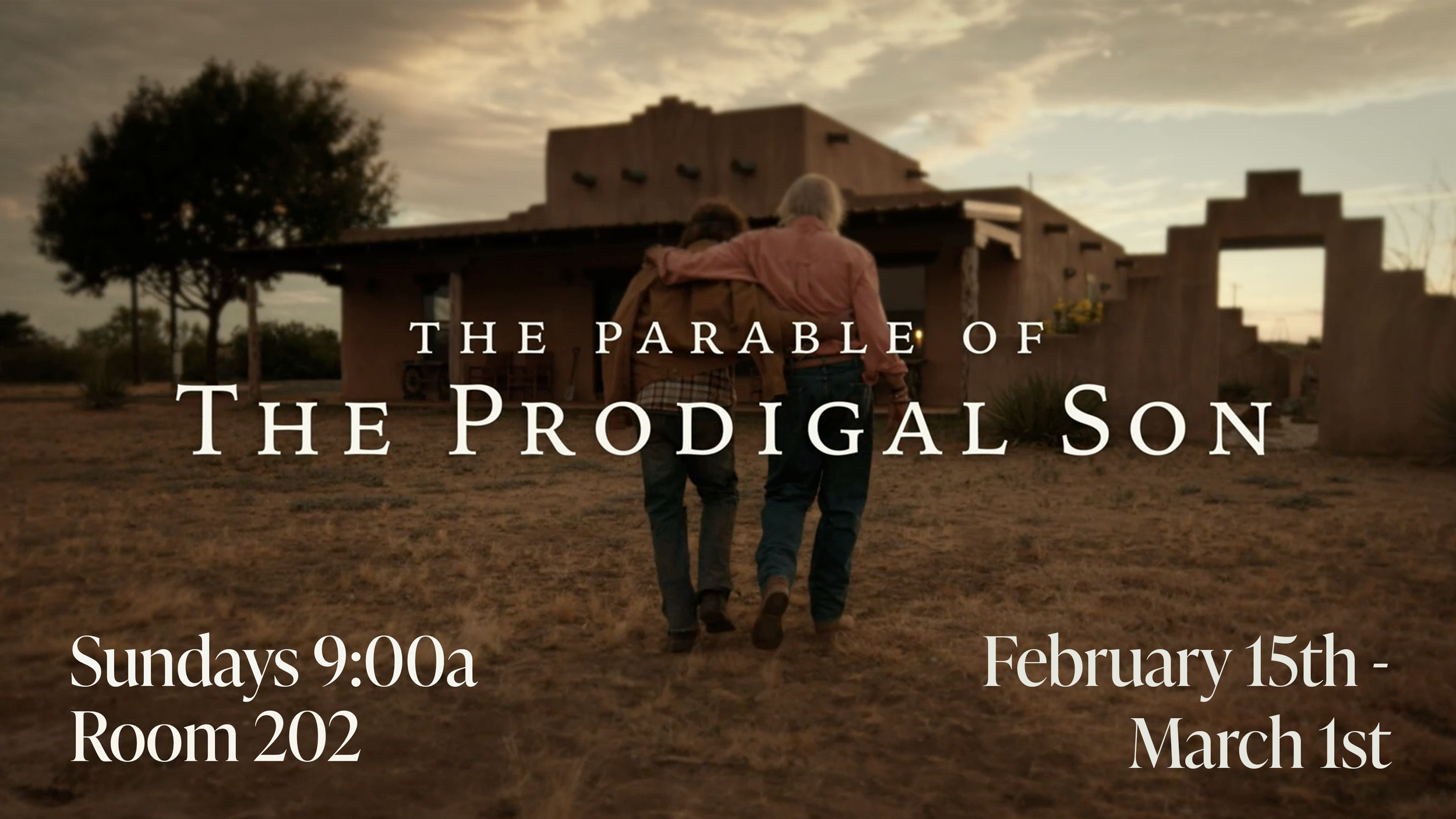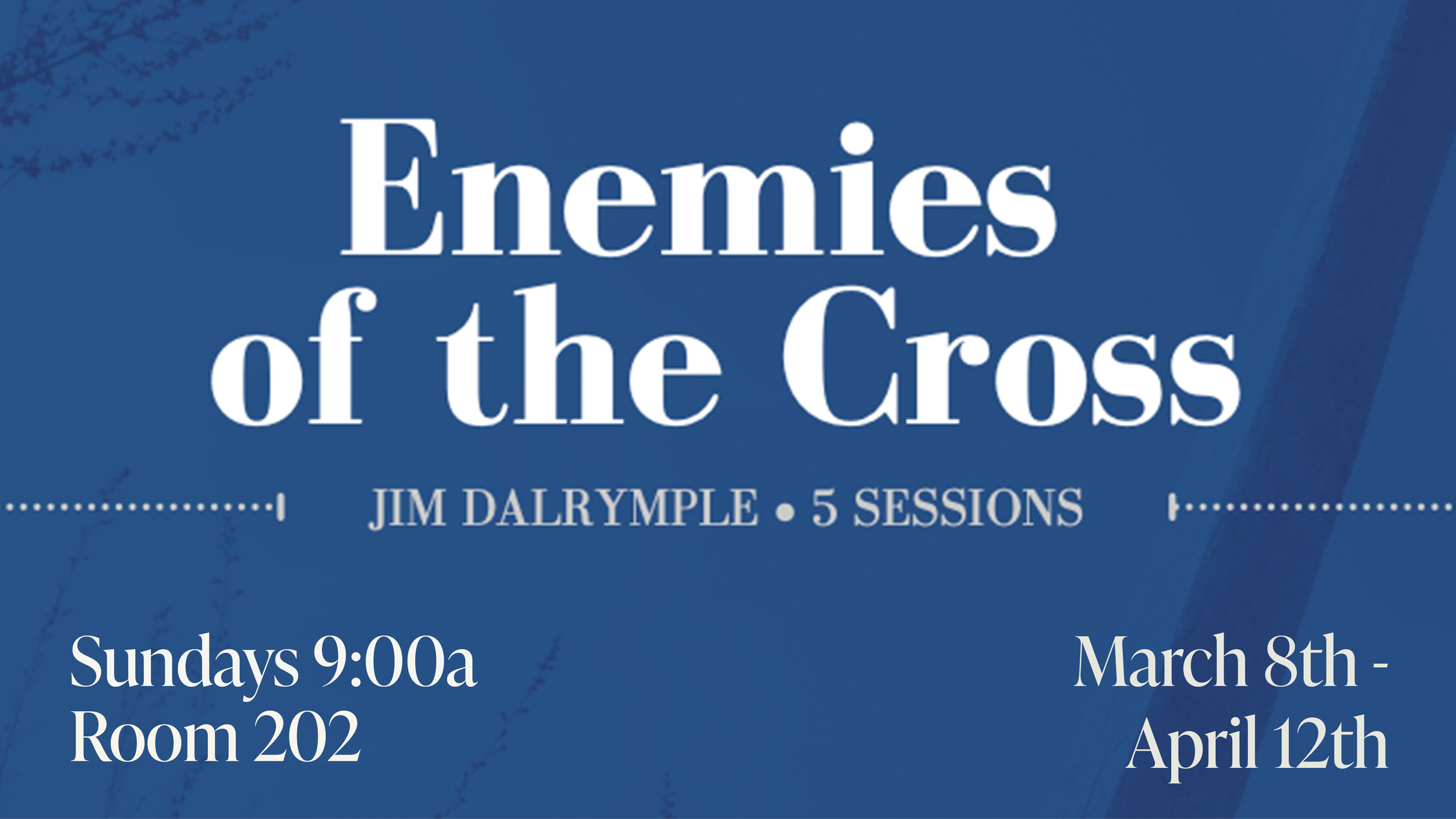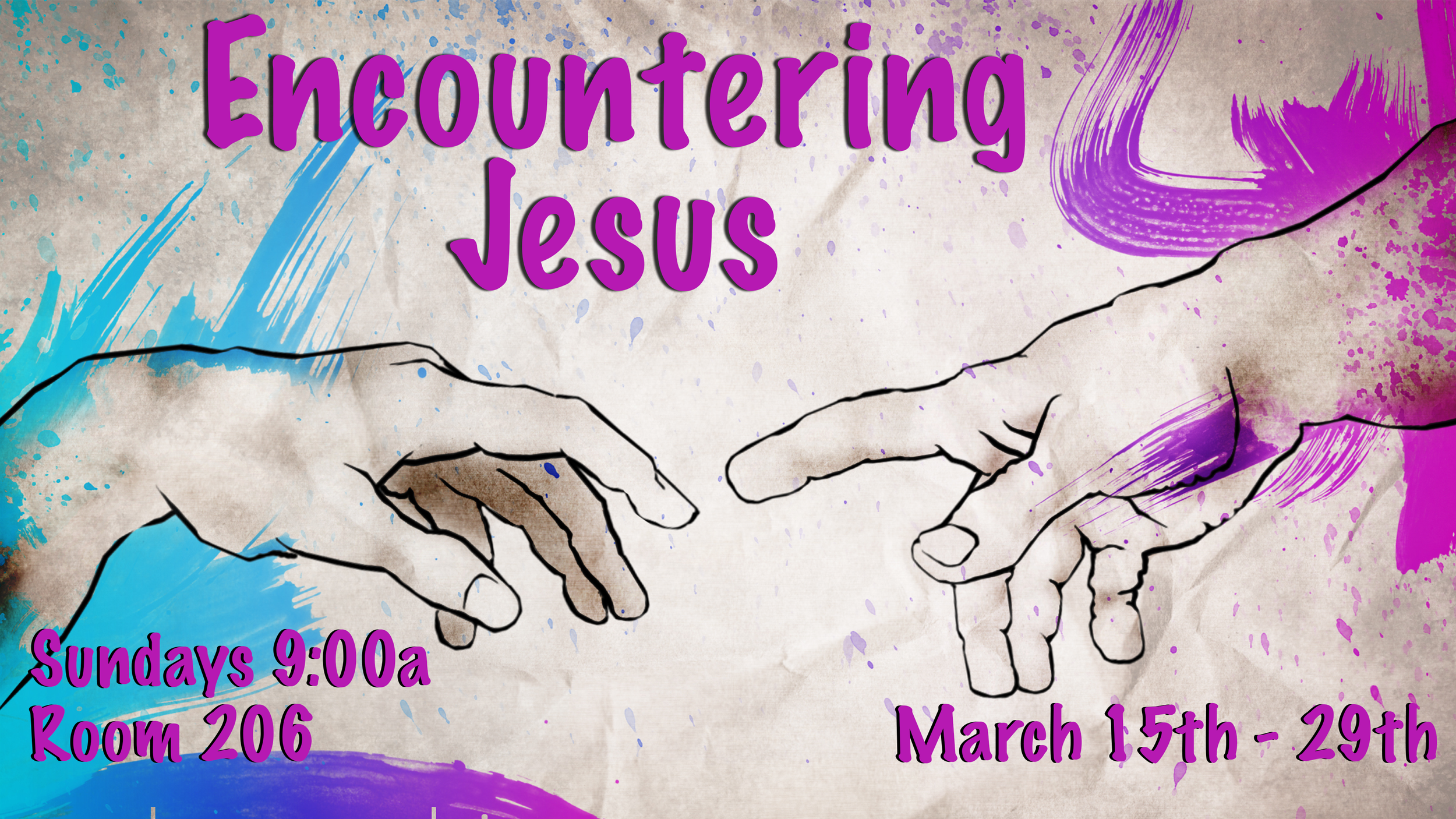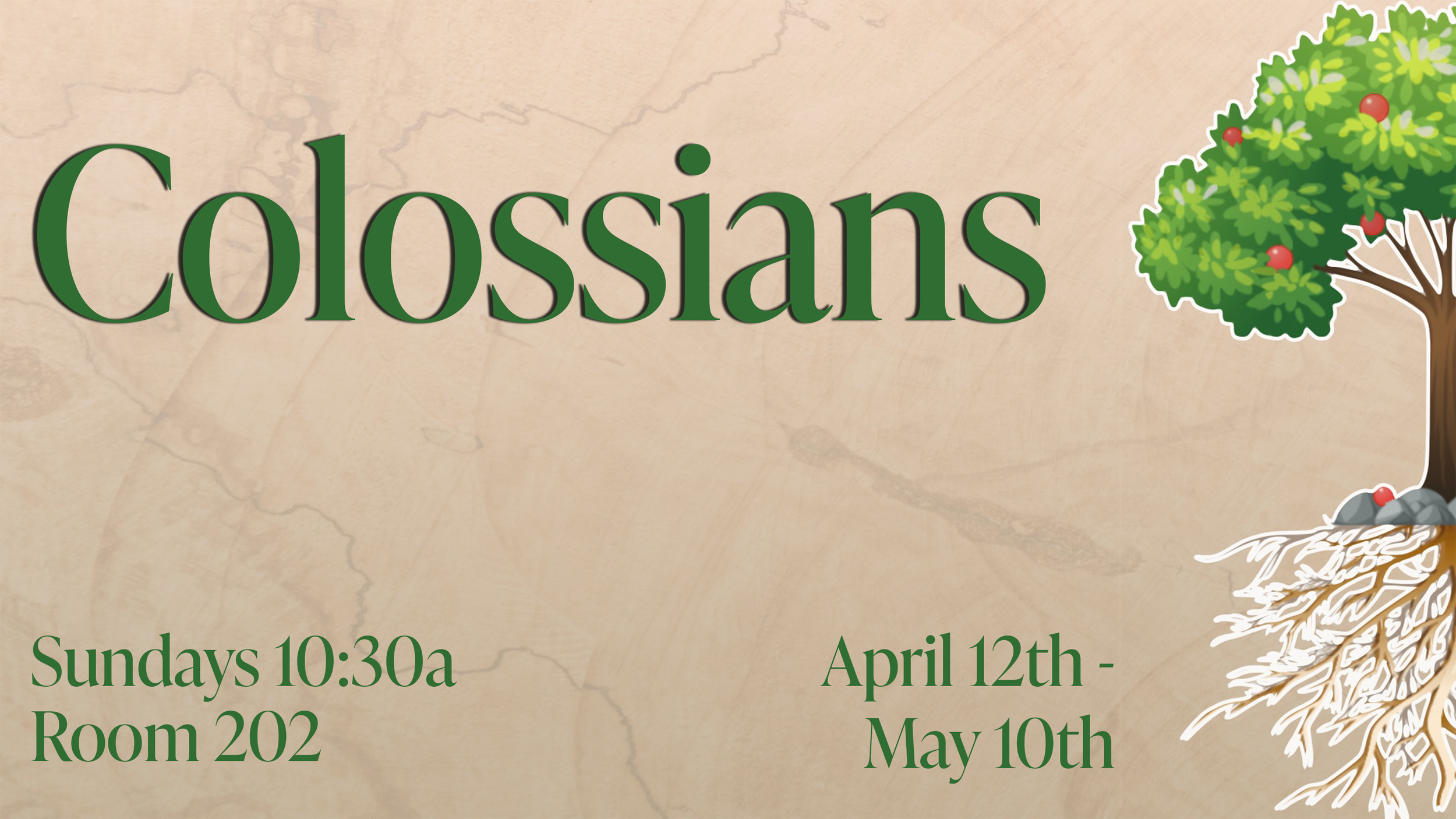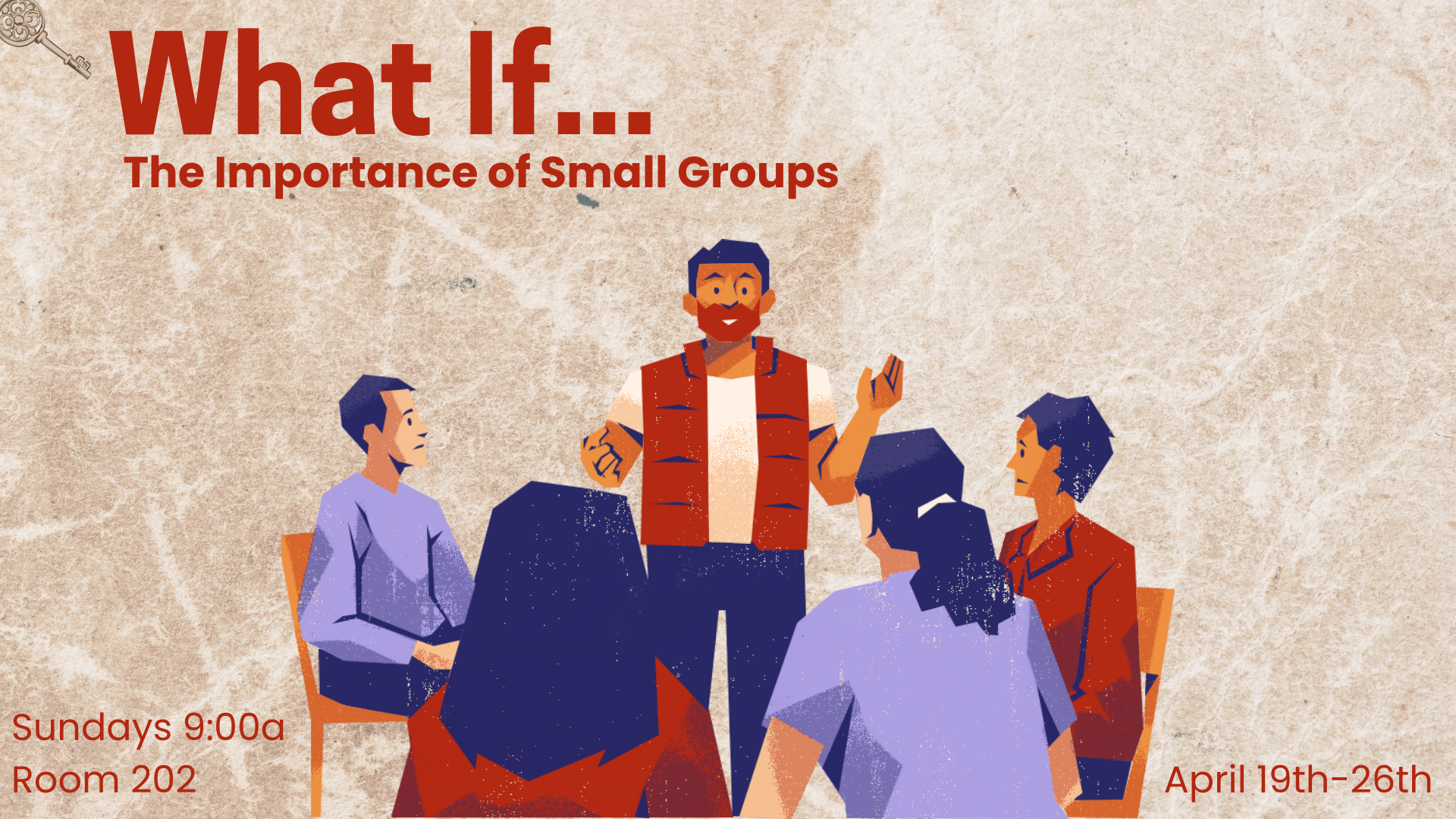
As we strive to make disciples who make disciples, we want to provide opportunities for you to grow as a disciple. This is the focus of our Growth Classes. They cover a range of different areas of what it means to be a disciple of Jesus. Below you can see our current and upcoming classes. To Register for any Class, simply click on the picture!
GROWTH CLASSES HAPPENING NOW
9:00 AM Classes
The Cost of Control
We often claim to have everything under control—whether it’s our hectic family schedules, deadlines at work, or unexpected problems that throw us off track—but are we, really? Control can trick us into thinking we can gain comfort, security, and peace through our own efforts. But even though we might think we have a handle on our lives, God is the only one fully in control. In this 6-session series, Bible teacher and author Sharon Hodde Miller discusses the way control can cost us a lot more than we could ever imagine—and how we can walk in faith knowing God is in complete control.
Join us on Sundays January 4-February 8 in Room 202 at 9:00am
Your Marriage Has a Mission
In this six-week small group study, you’ll discover marriage as more than just the two of you—it’s a way to join Christ’s mission of loving and serving others. Through topics like planting roots, welcoming others, sharing God’s Word, and living with purpose, you’ll be encouraged to see your relationship as a real source of hope in the world.
Join us on Sundays February 1 - March 8 in Room 206 at 9:00am
10:30 AM Classes
Acts
God can do amazing things through ordinary people when He empowers them through His Spirit. The book of Acts shows how God essentially took a group of fisherman and commoners and used them to turn the world upside down (Acts 17:6).
God took a Christian-hating murderer and transformed him into history’s greatest Christian evangelist, the author of almost half the books of the New Testament. God used the persecution the Christians endured to help stimulate the incredibly rapid expansion of the fledgling church.
God can and does do the same through us—changing our hearts, empowering us by the Holy Spirit, and giving us a passion to spread the good news of salvation through Christ. If we try to accomplish God’s work in the world in our own power, we will fail. Like the disciples in Acts 2, we must faithfully proclaim the gospel, trust God for the results, and devote ourselves “to the apostles’ teaching and to fellowship, to the breaking of bread and to prayer” (Acts 2:42).
Join us on Sundays January 4th - March 29th in Room 202 at 10:30am
Christian Conduct
As Christians, we are called to live a life that is different than the world. In Romans 12:2, Paul encourages us to not conform to the patterns of the world, but to be transformed by the renewing of our minds. However, this can be difficult as we live and work with the world all around us.
In this four week class, we will work through the book of James together and see the lifestyle differences that Christians should live by.
Join us on Sundays February 1st - 22nd in Room 206 at 10:30am





